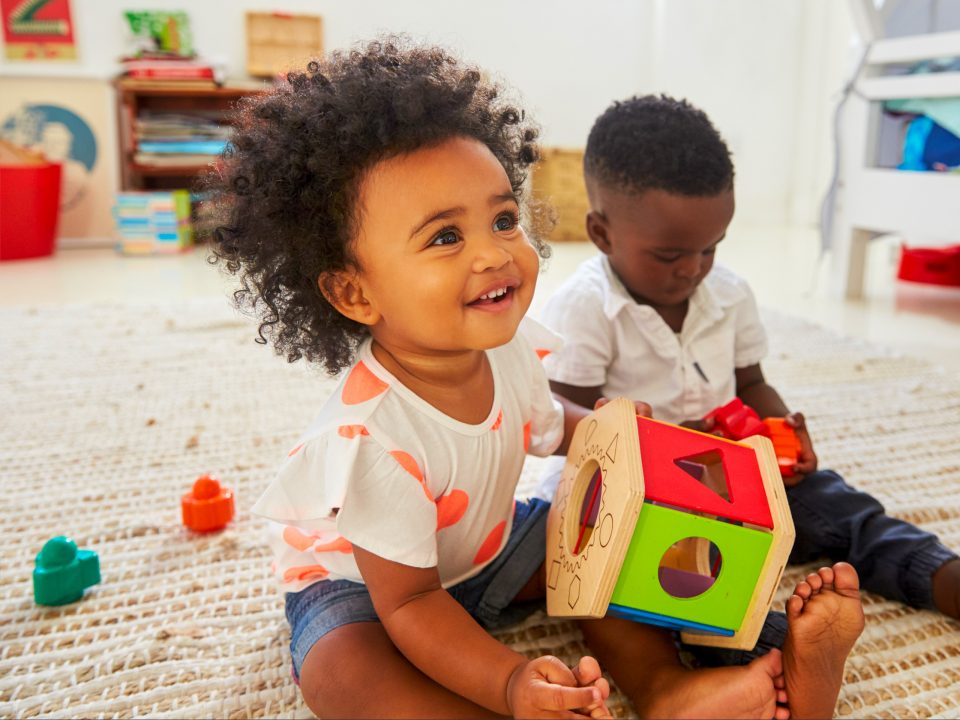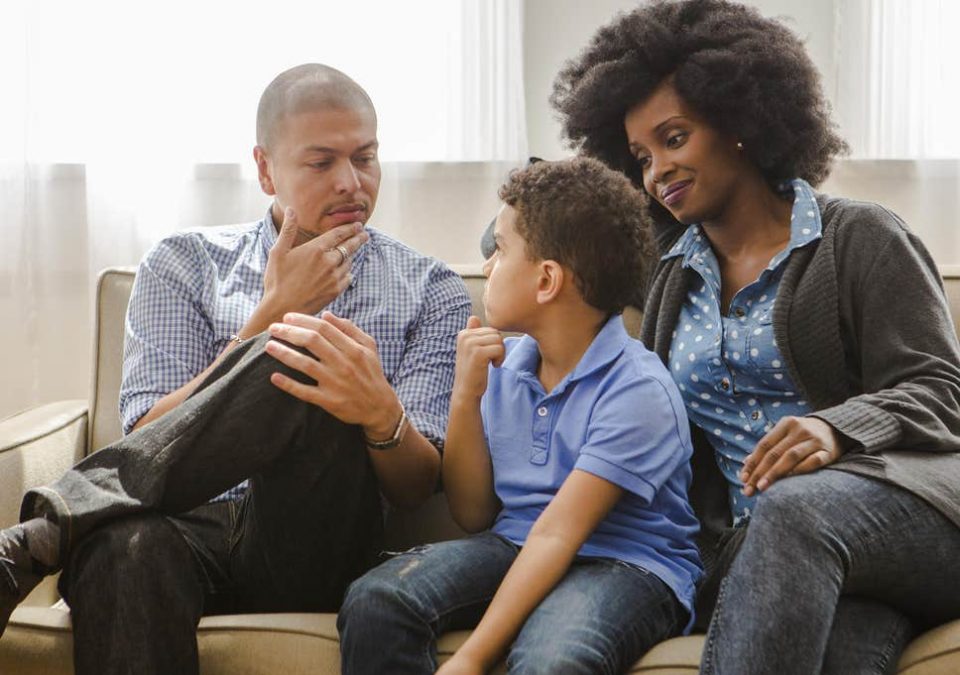Sex and The City of New Orleans
Dr. Lisa Moreno-Walton, MD, MS, MSCR
Emergency Medicine Physician at University Medical Center
Director of Research, Diversity, Latino Health Scholars Program
Valentine’s Day makes us think about love, and although there are many kinds of love, certainly sexual love is one of the most important. We know from experience that great sex can hold a relationship together for just so long if sex is the only thing the couple has in common. A great relationship needs love, respect and good sex if it is going to endure.
As a physician and a mother, I feel very strongly that discussions of sex with our children need to include the concepts of love and respect. We should begin early to teach respect for our bodies and the bodies of others. Children need to understand from a very early age that their body belongs to them and that NO ONE should touch their body unless they want that person to touch them and NO ONE should touch their body in a way that makes them uncomfortable. They should also understand that they need to show the same respect for others.

If we teach this concept very early to toddlers as they learn to play with others without hitting, pushing or biting, we can carry this lesson over when they begin to show curiosity about sex. Children need to have an open dialog with their parents. They need to know that they can talk to us about ANYTHING, and that we want them to tell us if someone makes them uncomfortable, and that we will believe them and protect them.
This is especially true for people of color, whose history includes the indignities of slavery, of being fondled and raped without regard to our personal wishes because we were considered the property of others. Women of color tend to be more comfortable in our bodies and more comfortable with our sexuality. This sometimes leads others to think that they can get comfortable with us as well and touch us as they see fit, even when it is not what we desire or they are not who we desire. We must insure that our children understand that their body is their own property, to give or not give, to share or not share, as they decide.

Being touched when and by whom we want to be touched feels good, and these feelings start in infancy, when we convey to our babies that they are lovable, and that it is a pleasure to be close to them. This builds self-esteem and the kind of self-respect that eventually leads to healthy relationships in adolescence and adulthood. Little ones are curious about the world around them and begin to ask questions as soon as they can talk.
The key to questions about sex is that CHILDREN ASK EXACTLY WHAT THEY WANT TO KNOW AND WE SHOULD ANSWER ONLY WHAT THEY ASK. So, a question about “Where do babies come from?” should not lead to a 10 minute explanation of sexual intercourse. The answer is: “From a special place inside the mother’s body that is called the uterus.” (I am a firm believer in using anatomically correct language, even with children. Babies do not grow in the stomach. That explanation has led to many girls thinking they can get pregnant from accidentally swallowing a fruit seed!)

When the child wants more information, they will ask “How does the baby get in there?” or “How does the baby get out?” Again, simple answers would be “The father puts a seed into the mother’s body” and “The baby gets out through a special opening between the mother’s legs called the vagina.” When the child is ready to know more, her curiosity will lead her to ask you more. She will eventually ask you how the father puts the seed inside, and a simple anatomical explanation, accompanied by love and respect are the way to go. “When a man and a woman love each other, they want to be as close as they can be, and the man puts his penis into the woman’s vagina, and a seed called sperm comes out and causes a baby to grow in her uterus.”
Talking to kids about sex makes some parents uncomfortable but giving a simple answer to just what the child asks makes it easier for parent and child. Children really don’t want to know more than they are asking, and they ask what they are ready to know. Your children’s pediatrician or a mother’s gynecologist can help parents with these discussions. If the doctor is uncomfortable with these topics, well, you need to find a doctor who is not! And I will be talking more to you about discussing sex with your child in upcoming columns.


[…] RELATED: Talking to Our Children About Sex […]